ROSSTON — The cattle part as Meredith Ellis edges her small four-wheeler through the herd, silently counting the cows and calves. It’s the way she starts most days on her 3,000-acre Texas ranch: ensuring all the cattle are safe, deciding when they should move to another pasture, and ensuring the grass is as healthy as her animals.
“We’re looking for the sweet spot where the land and cattle help each other,” Ellis says as she rumbles down a dirt road to check on another herd. “You want to find that balance.”
Much of Ellis’ work evolved from the ranching her father practiced for decades. Her parents built this ranch, and it’s where Ellis was raised. Now it’s her turn to make the decisions. She’s implemented changes her father couldn’t dream of — because for her and other ranchers, their livelihoods and the future of the planet are on the line.
For generations, beef has been a way of life in Texas, the most quintessential of American main courses, and a premium protein around the world. It’s also the single most damaging food for the planet. Beef is the largest agricultural source of greenhouse gasses worldwide. It has a bigger carbon footprint than any other type of protein.
Climate scientists say the answer is simple: Eat less beef and raise fewer cattle. But most people around the world are consuming more beef, not less.
Ellis finds herself at ground zero. Texas has by far the most cattle in the U.S., which is the biggest producer of beef in the world. And it’s here that Ellis believes she can make a difference.
“I don’t want to do this if it isn’t good for the environment,” Ellis said. “I want ranching to be part of the climate solution.”
For Ellis, that solution lies in the practice of regenerative ranching. In theory, it’s a holistic way to look at the earth, animals, and water — and how they all interact. In practice, it’s an exhausting, never-ending process of moving her cattle to different pastures in an effort to restore the soil.
“What I’m looking to do is make a major impact and completely redefine the beef industry,” Ellis, 41, said. “I want to take everyone with me.”
Ellis took over the ranch, north of Dallas, in 2013. She’s faced all the critical questions surrounding the beef industry, but no issue has been more important than beef’s contribution to climate change. Cattle belch out serious amounts of greenhouse gases, especially methane — about 220 pounds a year of methane, which is 80 times more harmful than carbon dioxide, the main greenhouse gas spewed out by cars.
Overall, beef production creates enough carbon that cutting herd sizes by even 10% to 20% could make a difference, experts say.
They agree that reducing consumption, particularly in America, is a clear place to start. Americans eat the equivalent of about three hamburgers a week, research shows, and if they cut that in half and instead export U.S. beef to other countries, the world would have a greater chance of meeting demand without cutting forests and expanding cattle grazing lands.
Source : news-journal.com




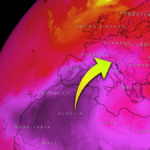
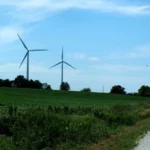
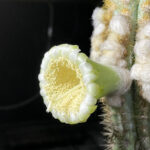

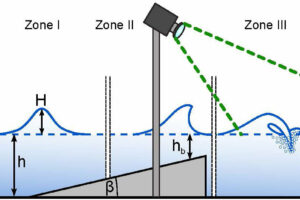
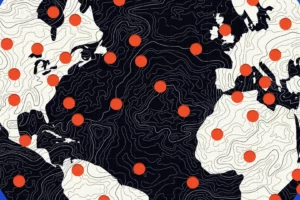
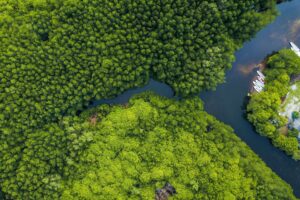
Add Comment